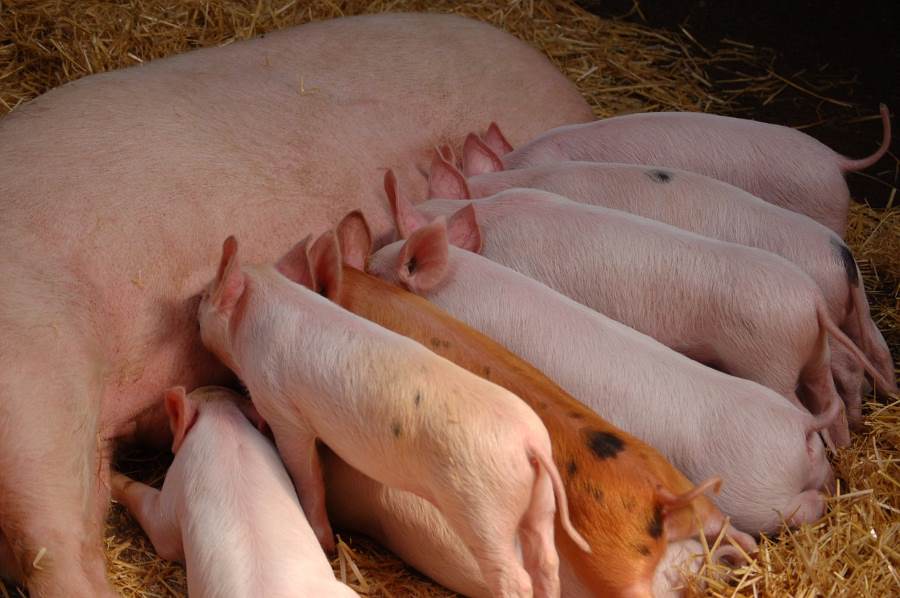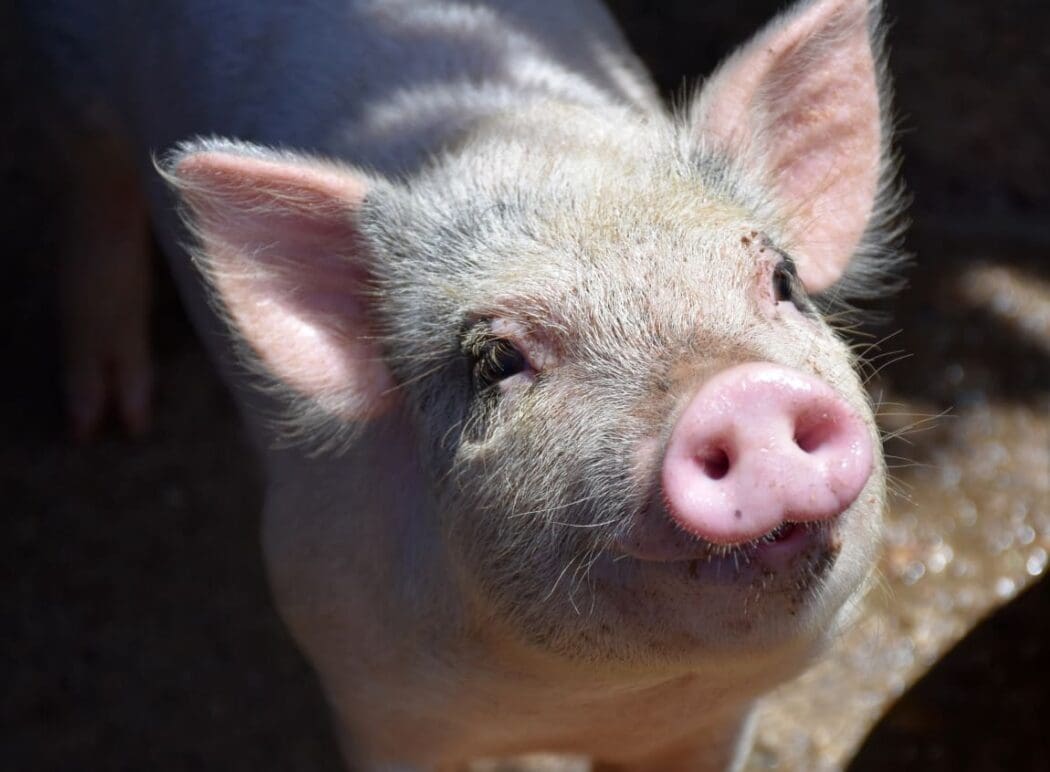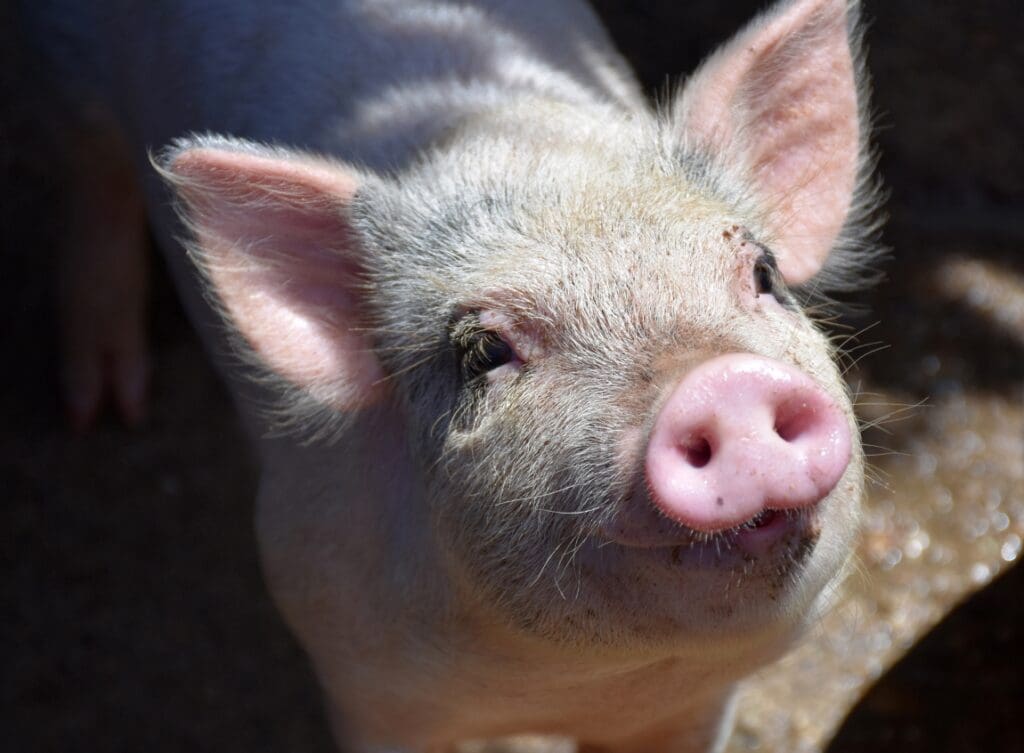A new study examining the causes of sow mortality in Danish pig farms has provided fresh insights into the issue, revealing that organ torsions and farrowing-related complications are among the most common causes of death.
Rising sow mortality in conventional farms
The findings come from an analysis of 108 deceased sows, conducted by researchers at Aarhus University’s Department of Animal and Veterinary Sciences in Viborg.
The research builds on previous studies indicating that a specific form of liver torsion—where the outermost left liver lobe twists on its axis, cutting off blood supply—was a significant contributor to sow deaths in Danish farrowing pens. If the liver lobe does not naturally untwist, the condition can be fatal.
Concern over increasing sow mortality has grown in recent years, particularly in conventional pig farming. Between 2015 and 2022, mortality in these herds rose from 9.5% to 13.6%. In contrast, organic herds maintained a more stable rate, fluctuating between 8.4% and 10.4% over the same period.
Investigating the causes behind sow deaths
In response to this trend, Denmark’s Food Administration commissioned the DCA – National Center for Food and Agriculture to investigate mortality causes, focusing on liver torsion. The project, set to conclude in 2027, is unfolding in three phases:
- A data-based study comparing mortality in organic and conventional herds
- An analysis of liver torsion cases at the private rendering company Daka
- A detailed investigation of mortality causes related to housing and management practices across 10 farms
The newly released findings from the second phase of the study indicate that while liver torsion remains a concern, other factors, such as spleen and uterine torsions, as well as trauma associated with farrowing, are also leading causes of death. This more varied picture challenges earlier conclusions that liver torsion was the dominant issue.

A broader range of complications
Reproductive complications, particularly those occurring during gestation and farrowing, accounted for a significant portion of sow deaths. Uterine torsions during pregnancy, injuries sustained during farrowing, and cases of sepsis caused by retained and decomposing fetuses were all observed. The study’s post-mortem examinations also found that torsions affected multiple organs, including the spleen, uterus, liver, and small intestine.
Given the scale of the problem—approximately 145,000 sows die annually across Denmark’s 1,300 pig herds—conducting comprehensive autopsies on all cases is not feasible. However, this targeted study provides a clearer understanding of key mortality factors, helping researchers and industry professionals explore ways to mitigate these risks.
Towards prevention
Efforts to reduce farrowing-related deaths may involve breeding and management strategies aimed at improving the birthing process and reducing injuries linked to assisted farrowing. Meanwhile, the reasons behind organ torsions remain a subject of ongoing investigation, as researchers seek to determine potential preventative measures.
***
For more information, see advisory notes and declarations in the data sheet here (Danish):
- 1st phase: Database study of sow mortality in organic vs. conventional herds
- 2nd phase: Mapping of causes of death in Danish sows
About Aarhus University
Aarhus University (AU), founded in 1928, is Denmark’s largest research and education institution, known for its interdisciplinary approach and strong international collaborations. The university is ranked among the world’s top institutions, offering high-quality research-based education. With a focus on innovation and sustainability, AU fosters global partnerships and provides expertise across disciplines, contributing to solutions for societal challenges. It comprises five faculties, including Technical Sciences, supporting cutting-edge research.
Article Source:
Press Release/Material by Faculty of Technical Sciences | Aarhus University
Featured image credit: DejaVu Designs | Freepik




